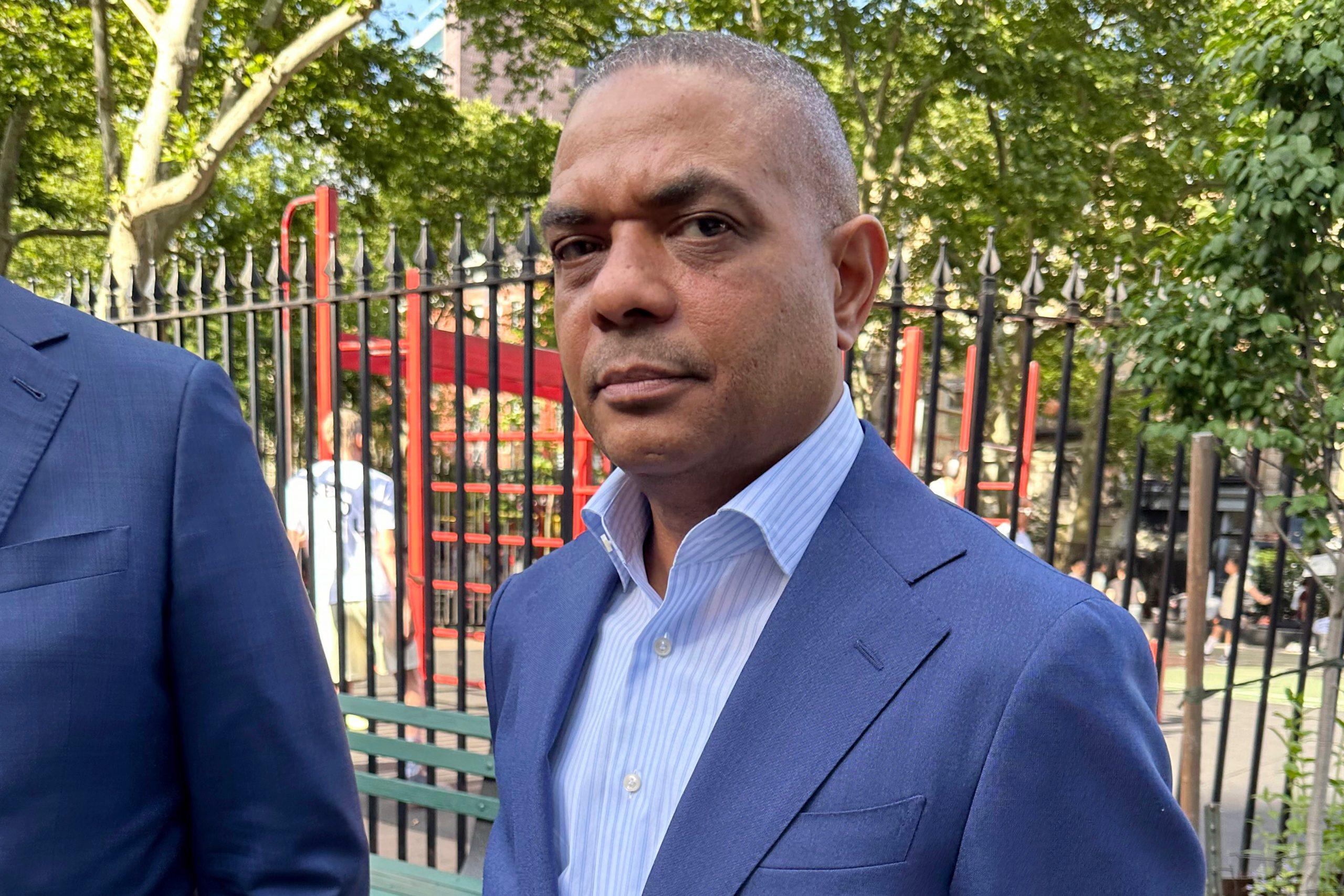The Menendez Brothers: A Closer Look at Their Infamous Case

Introduction
The case of the Menendez brothers, Erik and Lyle, is one of the most notorious criminal cases in American history. The brothers were convicted of murdering their wealthy parents, L. John and Mary Menendez, in 1989. This case captivated the public and raised significant questions about privilege, familial relationships, and the impact of trauma on individuals. Even decades later, the ramifications of their actions resonate in discussions regarding legal justice and mental health.
The Events of August 1989
On the night of August 20, 1989, the Menendez brothers shot their parents in the family home in Beverly Hills, California. They initially claimed that they were victims of a home invasion, leading to an investigation that would uncover a much darker truth. Erik and Lyle were arrested in 1990 when the evidence against them began to mount, particularly after their televised confession to a therapist became public.
Trial and Conviction
The trial of the Menendez brothers commenced in 1993 and drew significant media attention. The prosecution portrayed them as spoiled children who committed murder for financial gain. Meanwhile, the defense argued that both brothers had suffered abuse from their parents, which drove them to commit the heinous act. In 1996, after a lengthy trial and jury deliberations, they were ultimately found guilty. Initially sentenced to life imprisonment without the possibility of parole, the verdict highlighted the complexities of their upbringing and the societal implications surrounding child abuse.
Ongoing Impact and Cultural Significance
The case of the Menendez brothers has kept a firm hold on the public’s curiosity, sparking books, documentaries, and even dramatizations in popular media. Their story has opened up broader discussions on topics such as mental health, the effects of familial relationships on behaviour, and the morality of the legal system. The brothers’ case is often studied in psychology and law as an emblematic instance of how personal background can influence criminal behaviour.
Conclusion
The enduring legacy of the Menendez brothers illustrates not only the intricacies of the criminal justice system but also the critical need to address the psychological scars left by abuse. As society continues to grapple with these issues, the case serves as a harsh reminder of the complexity of familial bonds and the sometimes harrowing consequences that can stem from them. Looking ahead, discussions surrounding the Menendez brothers will likely persist, encouraging further examination of how we respond to domestic trauma within our communities.
